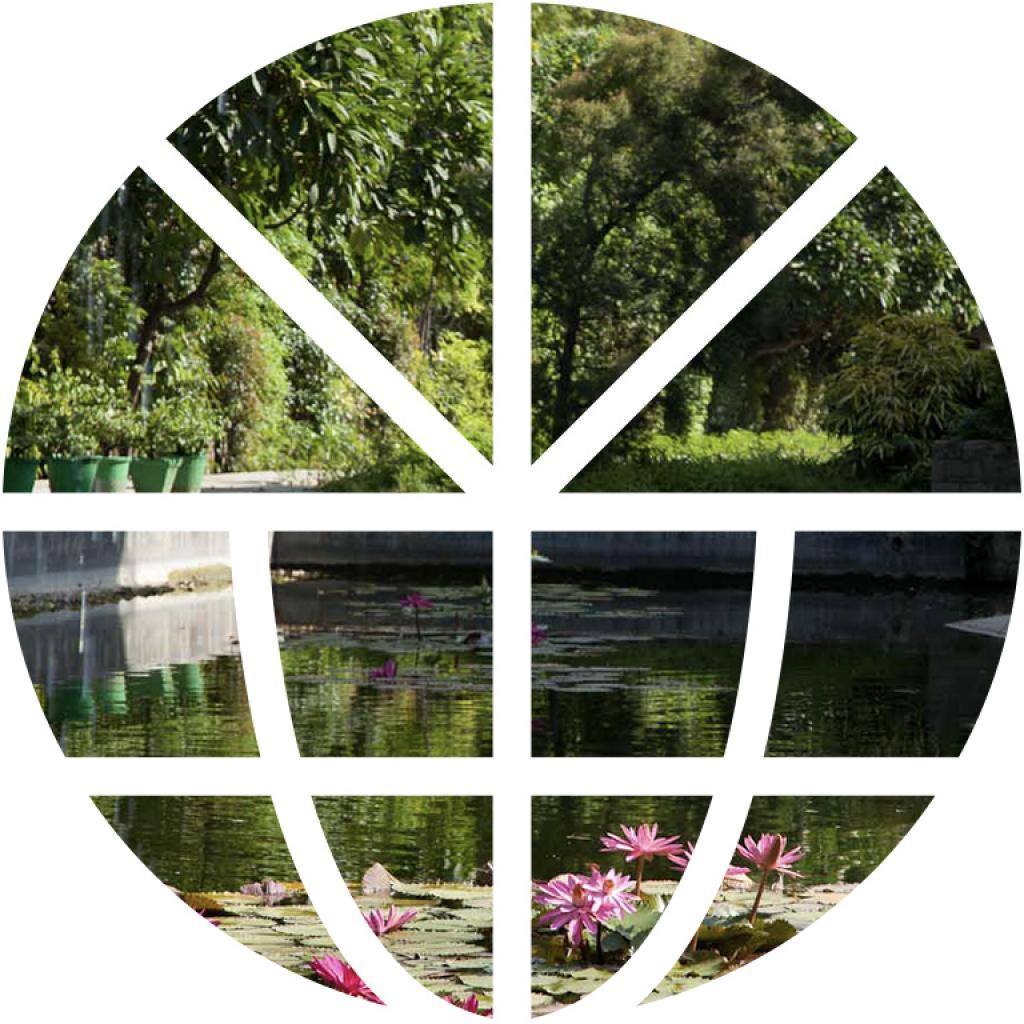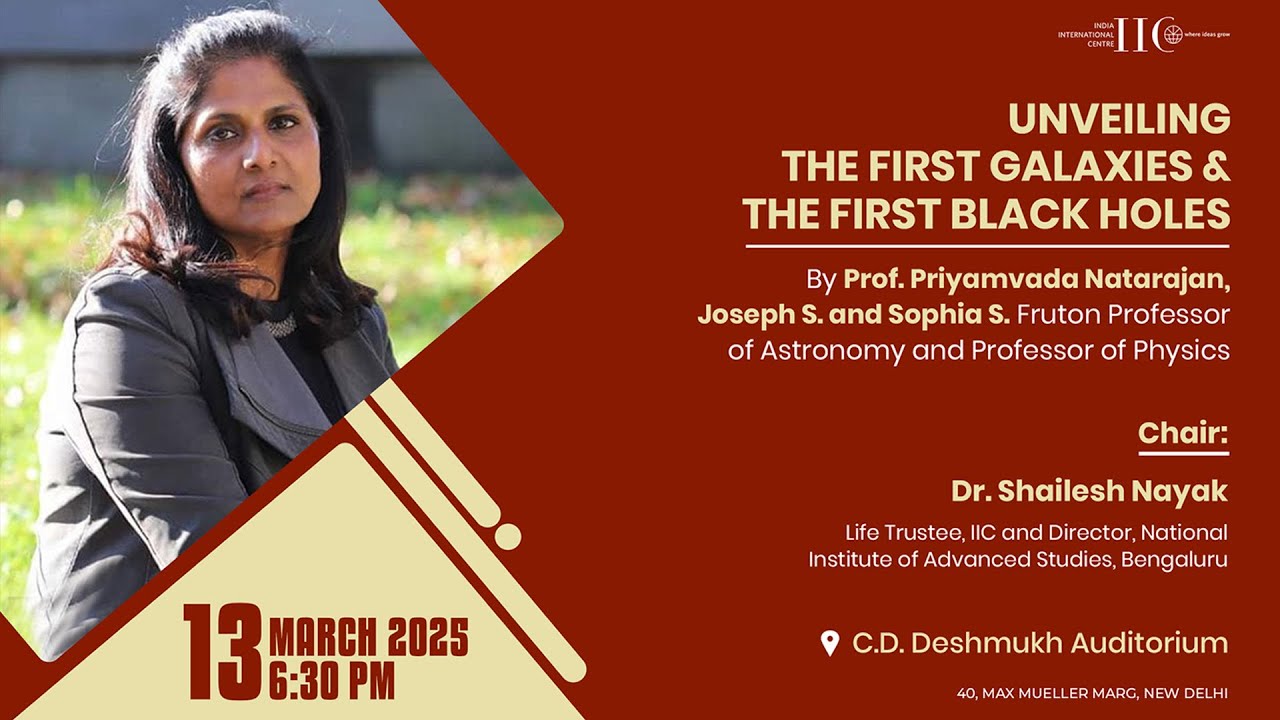Chameli Devi Jain Award 2025
For an Outstanding Woman Mediaperson of the Year
The Vishwa Nath-Delhi Press Award for Fearless Journalism, and the Kamla Mankekar Award for Journalism on Gender
will also be presented
Followed by
B.G. Verghese Memorial Lecture
Media, Courts and Freedom of Expresssion
To be delivered by Justice S. Muralidhar, Senior Advocate, Supreme Court of India and former Chief Justice, Orissa High Court and Judge, Panjab and Haryana High Court
(Collaboration: The Media Foundation)









